Hypoallergenic diet for cats

Surely you are wondering what is a hypoallergenic diet for cats, or under what circumstances your cat may need this type of feeding. Like humans, the rest of mammals can suffer allergies of all kinds, from some related to elements found in the environment, such as dust and pollen, to those that are unleashed by the consumption of certain foods.
On this occasion, he wants you to know all the details about this type of diet for cats, because we know that an adequate diet is the most important thing to keep your cat happy and healthy, contributing to its full development.
Is my cat allergic to its food?
Some animals, like humans, can develop allergic reactions to certain foods, and the cat is one of them. When this happens, it is said that the cat suffers Food Allergy, because after the ingestion of the food that is the culprit of the problem, the organism of the animal generates antibodies to protect itself from the pathogenic agent, which brings as a consequence the typical symptoms of the allergy.
Food allergy can manifest from two years of age, even with your cat’s usual food. If you notice that your cat he scratches a lot, he has diarrhea, and he vomits, begins to lose hair and develops dermatitis, it is possible that it is food allergy, because around 30% of the feline population can get to suffer it. When this happens, and to make sure that the problem is due to the food and not to some other agent, it is necessary to implement a hypoallergenic diet for cats.
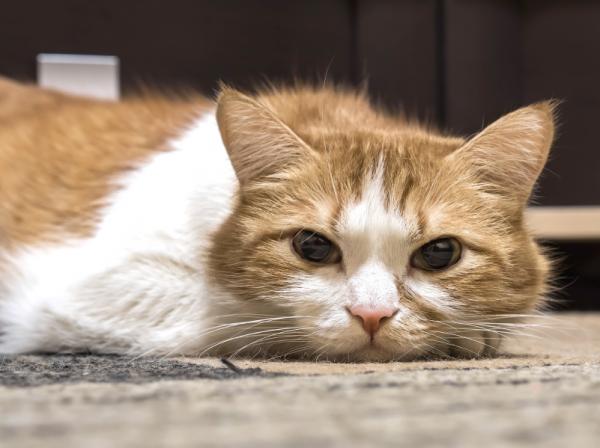
What is the hypoallergenic diet?
It receives this name because it is a diet that reduces the chances of the cat suffering an allergic reaction, thanks to the elimination of foods known to be histamines, or specific foods that have been proven to unleash this type of problems in the feline.
The idea is that proportions to feline food whose possibility of allergy is very low, and for this it is necessary to subject it to a elimination diet, through which it is possible to detect which are the foods that produce the allergic reaction.
It is common that foods usually used for the manufacture of processed foods, such as wheat, soy, corn, milk and even some type of animal protein, such as beef, can cause allergies in cats, so which are the first to be eliminated.
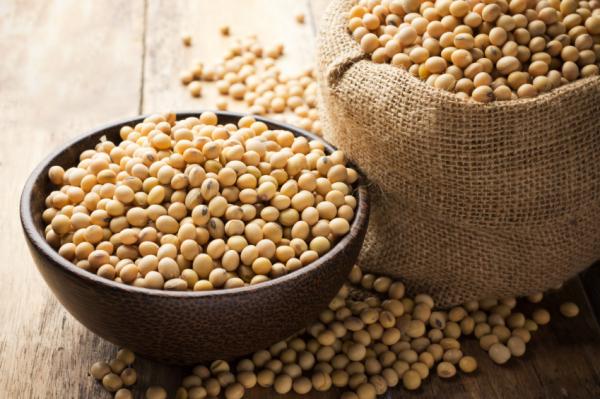
What is the elimination diet?
This is the only way to diagnose a possible food allergy, after which you can determine if the problem lies in the cat’s food, and you should opt for a hypoallergenic diet, or if you have to keep looking for the cause of the discomfort .
The elimination diet consists of suspend the food that has been ingested until that moment, to feed the feline different pieces to determine what ingredient is causing the allergy. To do this, you must follow the following tips:
- The test of each ingredient should last a week to rule out any reaction, although if it is the allergen that is sought is likely to manifest symptoms in just a few hours.
- While this trial and error test is carried out, vitamin supplements and cat visits abroad should be avoided, in order to be sure of the root of the problem.
- It is recommended to start with lamb meat and to vary the ingredients according to those that appear in the table of the processed food that the cat usually consumes, to find the problem faster.
- To confirm that the symptoms are provoked by the food, it is recommended to return to the usual food after performing the elimination diet for seven days. If the same symptoms of allergy are manifested, it is confirmed that the problem lies in feeding. The consumption should be immediately suspended and the elimination diet returned.
The improvement should be noted between the first and the third week (A period of eight weeks is recommended to completely detoxify the cat’s organism). If during this time no progress is observed, then it is not a food allergy and you should go to the veterinarian.
Once you have determined which ingredient or ingredients your cat is allergic to, you can choose two options: look for a processed food that does not contain them, or make your own menu at home and, therefore, prepare a homemade hypoallergenic diet for cats.
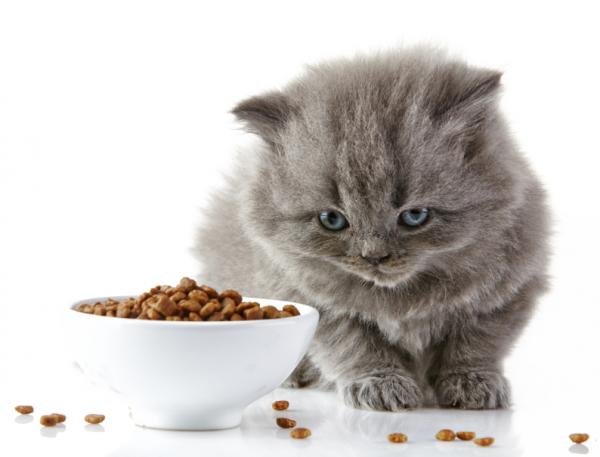
Options hypoallergenic diet for cats in the market
Many brands of processed food for cats offer hypoallergenic options made with hydrolysed proteins, which reduces the risk of an allergic reaction.
It is a matter of you investigating what are the options available in your country, and that you make sure that the food in question does not contain the ingredient to which you have already discovered that your cat is allergic. However, around 30% of cats do not get good results with processed hypoallergenic foods, so you should resort to the second option.
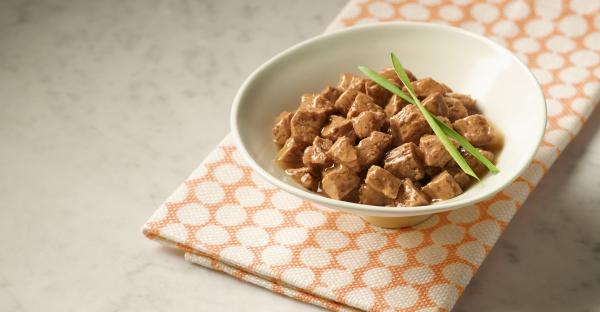
Homemade hypoallergenic diet for cats
Feeding your cat with homemade food may seem complicated, but in reality it’s just a matter of knowing what food groups are needed. Of course, you must completely eliminate the ingredients you have discovered that cause allergy in your cat.
We recommend that you use mutton, chicken, fish and turkey to develop the homemade hypoallergenic diet for your cat. Most of the food must be made up of protein, since felines are carnivorous animals. To this, you will add rice in small portions, in addition to some vegetables, salmon oil and taurine. If you still do not know the best vegetables for cats, do not miss our article!
At the time of cooking the mentioned foods to elaborate the homemade hypoallergenic diet for cats, you should bear in mind that you can only offer them boiled in water. The metabolism of the cat is different from ours and, therefore, does not digest food in the same way as we do. In this way, we will avoid cooking the meat with oil, spices and other typical products of our kitchen. The more natural the food is, the better. In the following video we offer two recipes of homemade food for simple and quick cats for you to take as a guide.
You can look for different alternatives to elaborate different diets. Remember vary the ingredients to get a balanced and complete diet. Check with your veterinarian about what is most advisable for your cat with food allergies.
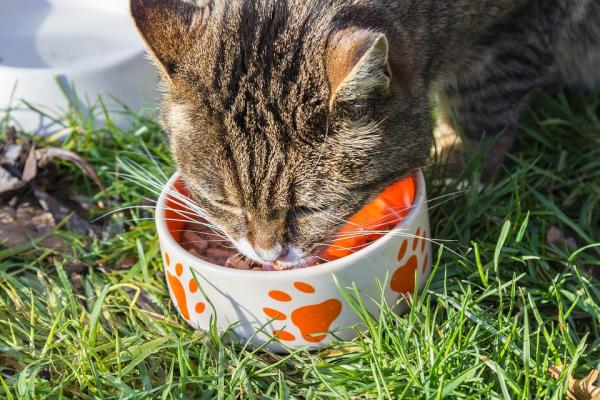
If you want to read more articles similar to Hypoallergenic diet for cats, we recommend that you enter in our section of Feeding problems.


